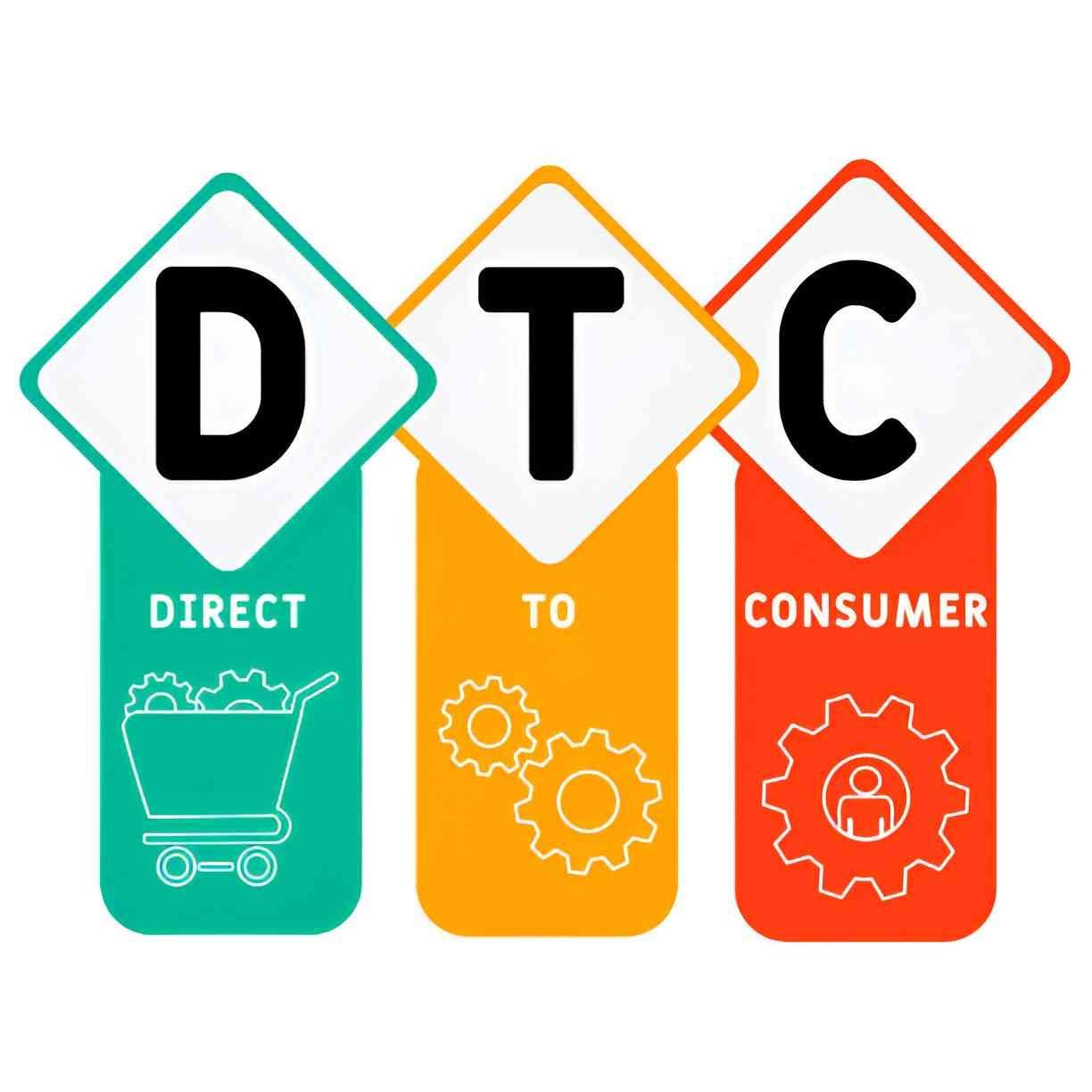As a finance expert, I often encounter questions about the operational nuances of mutual funds. One such query that keeps popping up is: Are open-ended mutual funds DTC eligible? The answer isn’t straightforward, so I’ll break it down in detail, covering eligibility criteria, mechanics, and implications for investors.
Table of Contents
Understanding DTC Eligibility
The Depository Trust Company (DTC) is a central securities depository that facilitates electronic clearing and settlement of trades in the U.S. DTC eligibility means a security can be held and transferred electronically through the DTC system, streamlining transactions.
Key Features of DTC Eligibility
- Electronic book-entry transfers (no physical certificates)
- Faster settlement (T+2 standard)
- Reduced operational risk (lower chances of lost or forged certificates)
Are Open-Ended Mutual Funds DTC Eligible?
The short answer is no, most open-ended mutual funds are not DTC eligible. Here’s why:
1. Structural Differences Between Mutual Funds and Stocks
Mutual funds operate differently from stocks and ETFs. While stocks and ETFs settle through DTC, mutual funds typically settle directly through the National Securities Clearing Corporation (NSCC) via the Fund/SERV system.
| Feature | Open-Ended Mutual Funds | Stocks/ETFs |
|---|---|---|
| Settlement System | NSCC Fund/SERV | DTC |
| Transfer Mechanism | Direct with fund company | Electronic book-entry |
| Settlement Time | T+1 (usually) | T+2 |
2. How Mutual Fund Transactions Work
When you buy or sell a mutual fund, the transaction doesn’t go through a brokerage’s DTC account. Instead:
- The order is processed by the fund’s transfer agent.
- Shares are issued or redeemed directly by the fund company.
- Cash moves between your brokerage account and the fund.
This differs from stocks, where shares are held in “street name” (broker’s DTC account).
3. Exceptions: Some Funds May Use DTC Indirectly
While mutual funds themselves aren’t DTC-eligible, some brokerage platforms may hold fund positions in omnibus accounts that interface with DTC. However, this is a back-end operational detail—not true DTC eligibility.
Mathematical Perspective: Why DTC Isn’t Necessary for Mutual Funds
Mutual fund transactions involve creation and redemption of shares at Net Asset Value (NAV):
NAV = \frac{Total\ Assets - Total\ Liabilities}{Number\ of\ Outstanding\ Shares}Since mutual funds are open-ended, the number of shares adjusts dynamically. Unlike ETFs (which trade on exchanges), mutual funds don’t require a secondary market settlement system like DTC.
Implications for Investors
Pros of Non-DTC Eligibility
- Simplified record-keeping (funds handle share accounting).
- No need for physical certificates (though this is rare even with DTC-eligible securities).
Cons
- Slower liquidity compared to stocks/ETFs (though many funds settle in T+1).
- Limited transferability (can’t easily move shares between brokerages without selling).
Comparison with ETFs (Which Are DTC Eligible)
| Feature | Open-Ended Mutual Funds | ETFs |
|---|---|---|
| DTC Eligibility | No | Yes |
| Trading | End-of-day NAV | Intraday market price |
| Settlement | Fund/SERV (NSCC) | DTC |
Real-World Example: Transferring Mutual Fund Shares
Suppose I want to move my Vanguard 500 Index Fund (VFIAX) from Brokerage A to Brokerage B:
- I can’t do an ACATS transfer (since it’s not DTC-eligible).
- I must sell shares at Brokerage A and repurchase at Brokerage B (potentially triggering taxes).
This contrasts with an ETF like SPY (S&P 500 ETF), which can be transferred seamlessly via DTC.
Regulatory and Operational Considerations
The SEC and FINRA don’t mandate DTC eligibility for mutual funds because:
- Fund/SERV already provides efficient clearing.
- Open-ended structure eliminates secondary market settlement needs.
Conclusion
Most open-ended mutual funds are not DTC eligible due to their operational structure. They rely on NSCC’s Fund/SERV for settlements rather than DTC. While this means less flexibility in transferring shares, it simplifies the fund accounting process.
For investors seeking DTC-eligible alternatives, ETFs are a better fit. However, mutual funds remain a strong choice for those prioritizing NAV-based pricing and long-term investing.
Final Takeaways
- Open-ended mutual funds settle via NSCC, not DTC.
- ETFs are DTC-eligible, making them more portable.
- If share transferability is crucial, consider ETFs over mutual funds.





